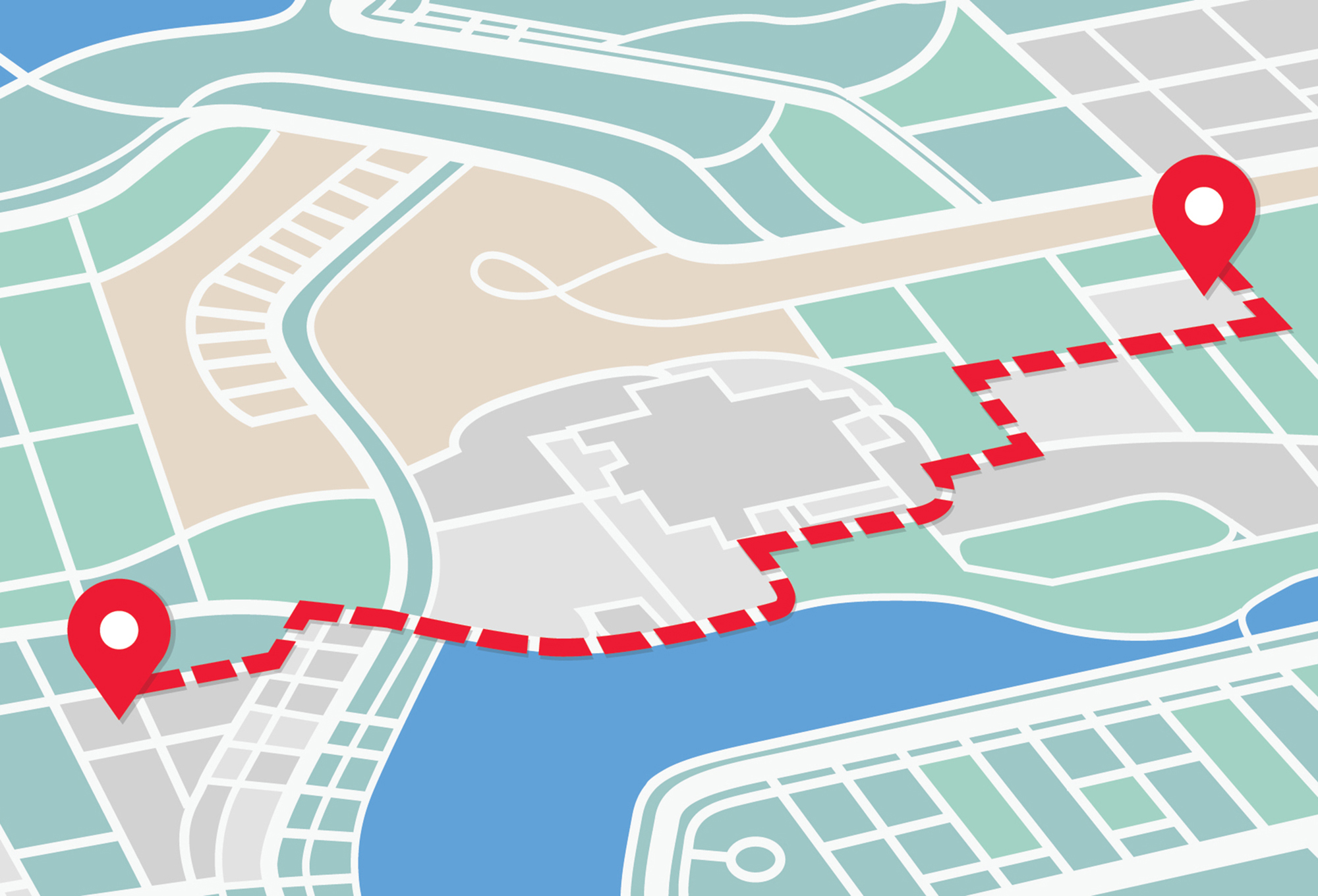Today four foundations are announcing a new joint fund designed to fuel a new era of journalism rooted in listening to communities. The Community Listening and Engagement Fund (CLEF) is dedicated to helping news organizations better listen, engage, and produce more relevant content for the communities they serve. Democracy Fund is honored to join the News Integrity Initiative, Lenfest Institute for Journalism Education, and the Knight Foundation in creating this new resource to bring proven models of public-powered journalism to more newsrooms around the country.
The new fund, which launches with $650,000 from the four founding partners, will subsidize the costs for newsrooms to adopt Hearken and GroundSource, two incredible platforms designed by journalists to bring the public more deeply into the reporting process.
Hearken provides newsrooms with unique tools to foster genuine audience engagement. Their model, called “public-powered journalism,” puts everyday people at the center of journalism, so they are able to communicate their information needs to reporters directly. Audiences are not only consumers, but partners in the production of meaningful stories. GroundSource is a unique platform that connects newsrooms to their communities. Outlets are assigned phone numbers that establishes an open line of communication between reporters and their audiences. Journalists can seek perspective on certain stories in the works, or encourage people to share thoughts on local issues most important to them.
We understand that at the root of so many challenges newsrooms face is the need to make journalism more relevant and responsive to the public. Developing a culture, practice, and workflows around listening is the key to unlocking this potential. Supporting tools like Hearken and GroundSource will help rebuild trust, rethink business models, and rebuild public interest journalism in news outlets throughout the country.
Read more about the Community Listening and Engagement Fund, why we love the CLEF name, and learn how to apply here. We see this new fund as core to our strategy for strengthening trustworthy journalism.
At Democracy Fund, our approach to journalism is focused on building trust and engagement. We are working on many fronts to foster practices that make news outlets more responsive and representative of their communities. To that end, we support efforts to help newsrooms authentically connect with and involve community members, transform reporting practices, represent the perspectives of diverse communities, and produce more relevant and thus more highly valued news.
We break this work up into two key tracks focused on Audience Engagement and Diversity, Equity and Inclusion.
Through our Audience Engagement work we invest in innovations and support projects that help journalists better engage and involve their audiences in news generation, production, dissemination, and discussion. For example, we support the Center for Media Engagement at the University of Texas whose rigorous research is helping test what works and what doesn’t, the Gather Platform which is building a community of practice around engaged journalism, the Coral Project which is helping newsrooms build online communities and the American Press Institute’s Metrics for News program which helps newsrooms understand what communities want and how best to deliver it.
We recognize that no single product, practice, or platform can improve trust and authentic audience engagement if America’s newsrooms and the organizations supporting them remain disproportionately white in their staff and male in their leadership. We see steady progress on diversity, equity, and inclusion as a necessary condition of success in our work to mend the deteriorating connections between news outlets and the communities they serve.
Our Diversity, Equity, and Inclusion work focuses on improving the diversity of sources, stories, and staff in news outlets. This work occurs across three dimensions. The first pertains to creating an inclusive environment at news outlets. The second constitutes recruiting, retaining, and promoting diverse staff, including leadership. The third involves working to develop and sustain minority ownership of media properties like Blavity, Q City Metro and the Richmond Times. We are excited for the work of our grantees like the Ida B. Wells Society which is expanding the ranks of investigative reporters and editors of color, the Maynard Institute which is training newsroom leaders, the Emma Bowen Foundation which provides internships for diverse journalism students, and many others. We have begun an exercise to map this space on an institutional level, and we are excited to connect with new organizations.
We believe that the Community Listening and Engagement Fund can help us work across these strategies, accelerating the adoption of new practices that put people back at the center of journalism. We are grateful to the Lenfest Institute who is hosting and managing the fund and to the vision of the News Integrity and Knight Foundation who are joining us in the launch today. At Democracy Fund, we are committed to supporting innovations in engaged journalism through grantmaking, partnerships and collaboration to strengthen the Fourth Estate and the democratic principles that our nation is founded on. We will continue to seek out opportunities to collaborate with news outlets, journalism support organizations, and partner funders to achieve this goal.


